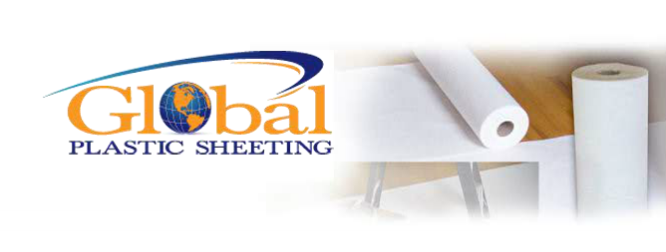As a homeowner in the vibrant city of Atlanta, Georgia, you're probably well aware of the unique challenges our climate presents. With hot and humid summers that seem to stretch on forever, our homes often face a hidden enemy: moisture in our crawl spaces. You might be wondering why encapsulating your crawl space is necessary.
According to a study by the EPA, about 1 in 5 homes in the United States has a moisture problem in the crawl space. This is even higher in humid areas like Atlanta, where the number of homes with moisture problems can be as high as 1 in 3.
Well, today, we're here to shed some light on the issue and explore the benefits of crawl space encapsulation.
The Atlanta Humidity Challenge
Atlanta, often referred to as the "Capital of the South," boasts a subtropical climate characterized by high humidity levels. Our city experiences hot and muggy summers, making it a prime breeding ground for moisture-related problems in crawl spaces. Here are some statistics to put things into perspective:
-
Average Humidity Levels: Atlanta's humidity levels can soar above 70% during the summer months. These elevated humidity levels are perfect conditions for mold, mildew, and wood rot to thrive in your crawl space.
-
Rainfall: Atlanta receives an average of 50 inches of rainfall per year. This excess water can seep into your crawl space, leading to a damp and soggy environment.
The Benefits of Crawl Space Encapsulation
Now that we've established the humidity challenge in Atlanta, let's delve into why encapsulating your crawl space is a wise investment. Here are some compelling reasons:
1. Moisture Control: Crawl space encapsulation involves sealing your crawl space with a moisture-resistant barrier. This barrier prevents excess moisture from entering your crawl space, helping to maintain a dry and healthy environment.
2. Mold Prevention: High humidity levels create the ideal conditions for mold growth. Mold not only poses health risks but can also compromise the structural integrity of your home. Encapsulation acts as a mold deterrent, safeguarding your home and your family.
3. Improved Indoor Air Quality: A damp crawl space can lead to poor indoor air quality. By encapsulating your crawl space, you reduce the risk of allergens and pollutants entering your living spaces, creating a healthier home environment.
4. Energy Efficiency: A sealed crawl space helps regulate indoor temperatures, making your home more energy-efficient. This can lead to lower energy bills and a reduced carbon footprint.
5. Structural Integrity: Moisture can wreak havoc on the wooden components of your home's foundation. Over time, this can lead to costly repairs. Encapsulation protects your investment by preserving the structural integrity of your home.
6. Increased Home Value: Crawl space encapsulation is an attractive feature for potential buyers. It adds value to your property, making it a wise long-term investment.
Taking Action
Step 1: Educate Yourself
-
Visit the article titled, Is Your Atlanta Home's Crawl Space a Hidden Health Hazard?
-
Visit the article titled,
The Ultimate Guide to Crawl Space Vapor Barriers: Atlanta Edition
Now that you understand the importance of crawl space encapsulation in Atlanta's humid climate, it's time to take action. Start by scheduling a professional inspection of your crawl space to assess its condition. A reputable encapsulation company can provide guidance tailored to your specific needs.
In conclusion, Atlanta's humidity levels pose a real threat to the health and integrity of your home. Crawl space encapsulation is a proactive solution that offers a multitude of benefits, from moisture control to energy efficiency. By investing in encapsulation, you're not only protecting your home but also ensuring a healthier and more comfortable living environment for your family. Don't wait until moisture issues become a problem; take the initiative to encapsulate your crawl space and enjoy the peace of mind that comes with it.

